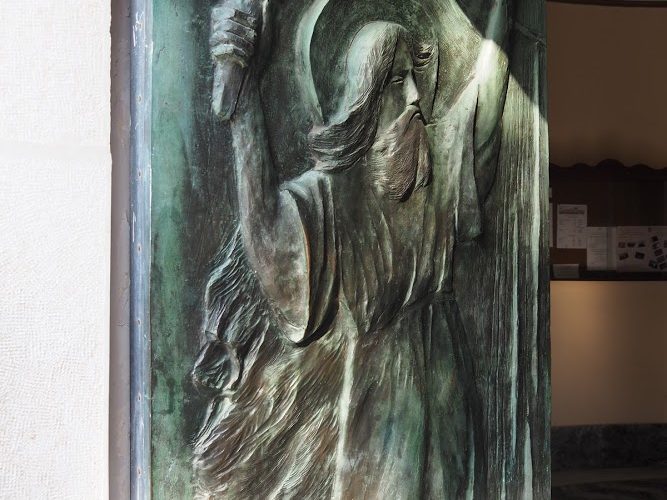Jesus initiated a new trend in Lebanon
The nomination of Kamala Harris, daughter of a black man from Jamaica, to the Vice Presidential Candidacy of the Democrats in the United States made headlines lately all over the world including Australia. In the wake of the “Black Lives Matter” movement, there are issues to be solved in America. Such movements finding momentum in other countries like Australia is pointing to the issue of integration of people of different cultures, which is yet to be fully resolved. Another issue that is troubling the better off countries is the refugees. Should they be made welcome or not? A similar problem had to be addressed in the early Church. What Jesus did in Lebanon is a Gospel response to the question of including gentile Christians in the Church.
Tyre and Sidon were part of the present day Lebanon. The people of Lebanon, known as Canaanites or Syro-Phoenicians were not part of the Jewish people. In the early Church majority of the Christians were converts from Judaism. But there were also some converts from non-Jews. Inclusion of such gentiles in their fellowship was resisted by many Jewish converts. Addressing this problem, Matthew points out what Jesus did in Lebanon. Jesus argues that pets and children are to be treated differently in a household and the bread meant for children cannot be given to the pet dog. The counter argument by the Canaanite woman is that, living in the same household, the pet dog also has the right to be fed from the table of its master. By calling Jesus, ‘Son of David’, the woman acknowledges Jesus as the master. Jesus grants her requests because of her faith in him. Salvation came from the Jews, but open to all people who trusted in Jesus as their master. Irrespective of their heritage, whether converts from Judaism or gentile converts, all to be equally respected and accepted in the Church. Faith, not cultural or political background, is the only criterion for inclusion in the Church. This Gospel response to a crisis in the early Church also might help us formulate our response to other contemporary issues such as refugees and indigenous people.

